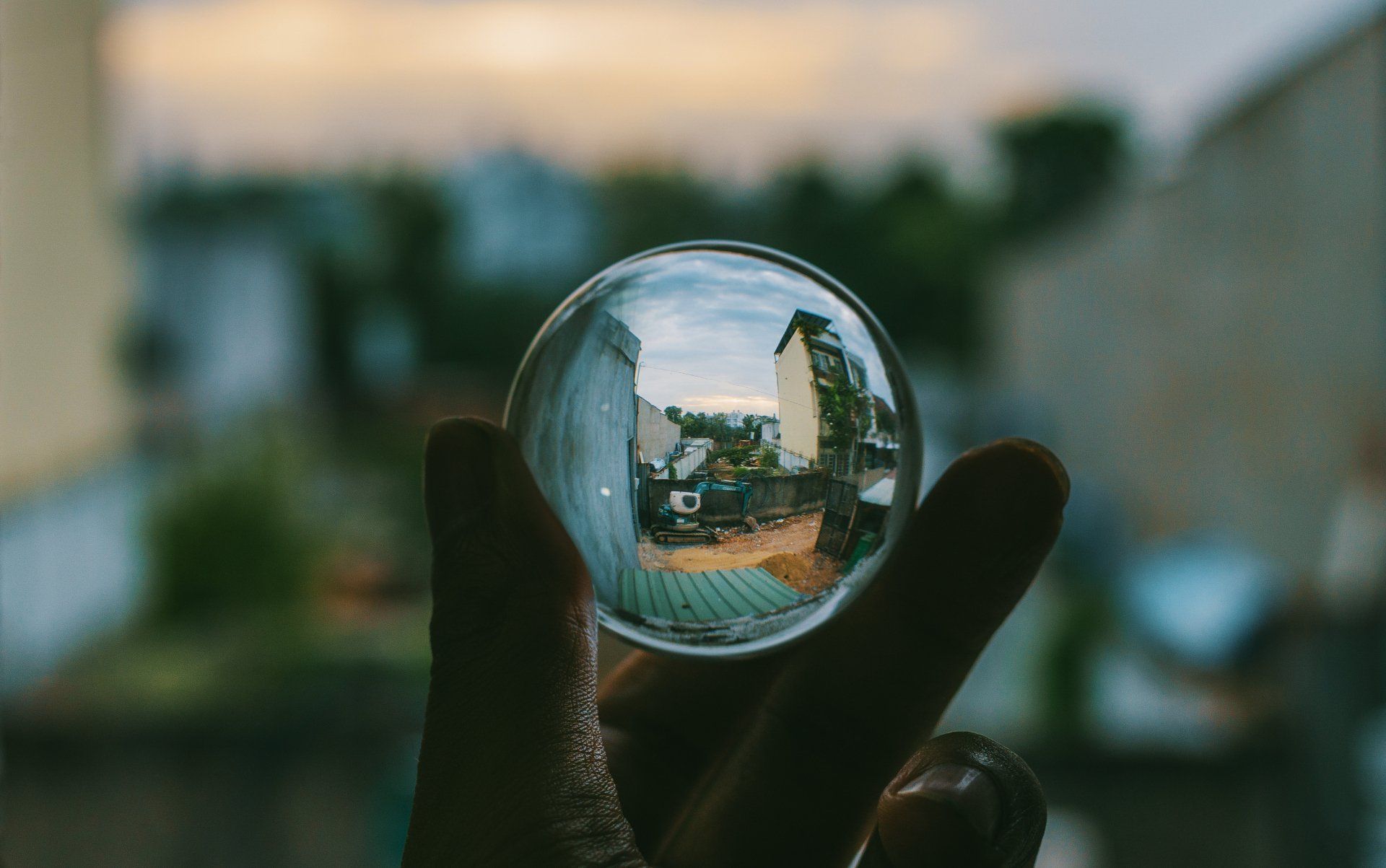Love Yourself Like Your Life Depends On It:
Read This Before You Buy The Book
What do you think of the word self-love? Most would agree that it is important, yet, why is it so difficult to do? We can love others, and yet directing that love towards ourselves can feel foreign.
For the author of the book, Love Yourself Like Your Life Depends On It, Kamal Ravikant, finds that there is no alternative. Loving self is the saving grace and the act that gives life to an otherwise meaningless existence. The author wants the reader to learn the importance of the self-love practice and the steps that he took to implement it.
What does it mean to love yourself like your life depends on it?
We know that the desire for love is a basic human need; we all want to love and be loved. We learn to show love to others before we learn to show love to ourselves. And since it is such a basic need, why do we deny ourselves of our own love?
Loving yourself like your life depends on it means that we do it, that we practice it, that we live it. Loving yourself like your life depends on it is like drinking water, eating food or getting sleep, because your life actually does depend on those things. So how do we start to incorporate self-love if it is that important?
Acts of self-love
The first step of self-love is becoming aware of the opposite. If we recognize that self-loathing has a feeling that we do not desire, then we can start to see that we prefer the opposite. If the term self-love does not quite resonate with you, you may try another word that gives you a feeling similar to love. For example:
- self-care
- self-connection
- self-appreciation
- self-acceptance
Once you land on a term that you can stand behind and rally around, you are ready to look into ideas that can start to build self-love into your day to day life. Here are a few:
- start your day off with something that makes you smile
- journal about positive aspects about yourself
- rest when you need it, take a nap
- take your time, don't rush
- pay attention to your breathing
- learn to use nice words when talking about yourself
- spend time doing things that recharge you
Top takeaways from the book
Since self-love is a new practice to most people, there are three things to keep in mind, from the author's perspective.
- First, remember that simplicity wins over complexity. When coming up with your own forms of self-love, keep it simple.
- Secondly, anytime that we are adding a new habit or behavior, it takes practice to stick. Practice your chosen self-love actions daily.
- And lastly, you must be dedicated to the process and commit. When we fully engage or fully commit to something (or someone for that matter) we build confidence and momentum.
Simplicity, practice and commitment in action
The good news is that we have all engaged in this formula at one point or another in life. Anytime that we purposely decide to learn something, we start as a beginner. And as a beginner we have to start slowly and simply. If you were to decide to learn to play the piano, for example, you would start with a simple exercise of a learning a few notes, then practicing them daily. By applying this formula to self-love, you see how it could become a part of your life.
The practice of self-love
Building self-love or self-appreciation requires repetition. In order to rewire our brains for this new behavior, we need to change our thoughts about ourselves, which changes the feelings that we have about ourselves and then our actions follow.
Kamal Ravikant says that the practice of self-love worked for him by applying three things. These three things are the 1)mental loop, 2)meditation and 3)one question. Here is how they work:
Mental loop
Thoughts often occur in a loop that repeats. Like a circle, our thoughts can go round and round. We can use this to our advantage if it is a pattern, or loop that we want to repeat. In this case, for self-love, we can create statements that serve us well for learning to implement self-love. Create that mental loop of self-loving words.
Meditation
Creating a meditation, listening to a meditation or meditating on self-love is another way to integrate this concept into daily practice. Meditating with intention towards self-love not only sets the tone for self-love, but allows the mind to focus on the very essence of you. The author says to say, "I love you" to yourself on the inhale, and to push away anything negative on the exhale.
One question
"If I loved myself truly and deeply, would I let myself experience this?" This is the one question that Kamal Ravikant asks himself when something arises that sparks self-doubt or negative reactions. As a way to get yourself back on the self-love track, this question, or something similar can serve as a wake-up, a signal to reroute your thoughts, feelings and behaviors toward more self-kindness.
In conclusion
The book, Love Yourself Like Your Life Depends On It, is a quick read and a practical approach to a topic that is gaining popularity. Within a short period of time, you can create a plan that works for you that aligns with the practice of self-love. Since there are no downsides to self-love, it is something that we can all become more aware of in order to change our thought, emotion and action patterns.



